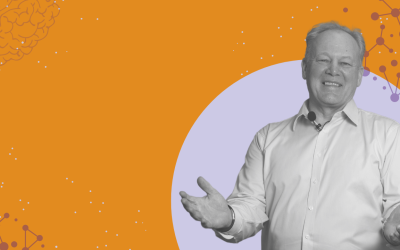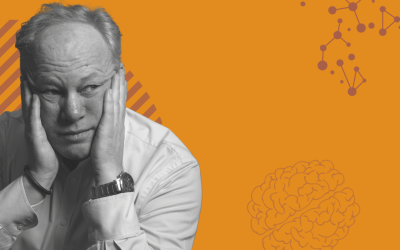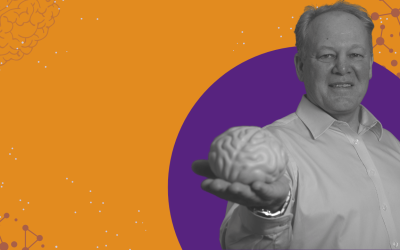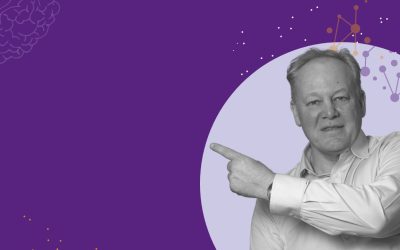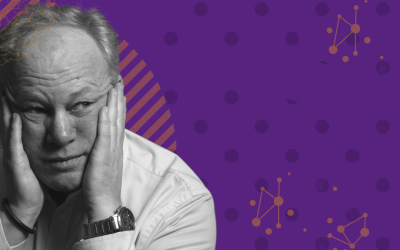We spend more of our waking hours at work than we do with our partners, so it’s essential to understand what elements in the workplace make us feel happy, sad, fearful, or angry. These four emotions are part of my Switched-on Thinking® method. Let’s start with the anger and how to address it first and foremost! We’ll then move on to the other emotions and how they can be managed to create a more positive and productive work environment.
Anger in the Workplace
Anger is an emotion which helps us channel our resources to reach our goals. When somebody stands in the way of us getting what we want, they can trigger angry feelings which are the result of not being able to attain our desired outcomes. It might seem like the kind of emotion a spoiled child would have, but it’s actually a natural instinct. When we’re faced with roadblocks on our journey, anger gives us the extra drive, focus, and passion we need to get around them. That’s why it’s essential to understand the reasons for our anger and how we can manage it. Let’s just pop anger to the side for the moment.
Sadness in the Workplace
The next emotion is sadness – which we often experience due to a feeling of loss. When our working environment changes, or our colleagues and we are no longer working together in the same way, this can lead to a sense of sadness. This is because we no longer feel the same way that we used to. Understandable, right?
Fear at work
From anger and sadness, to fear—the fear-driven nature of human beings. When we come to do things, unconsciously or consciously, we tend to think about what might go wrong. This fear of the future can lead to anxiety. When people mention they feel anxious, they are really describing feeling worried about the outcome of something that may or may not happen. The communication between the conscious and unconscious mind can create a sense that something is happening in the present, even when it’s just imagined in the future. It’s important to remember that sometimes things don’t turn out exactly as we predicted as the future is ever-changing.
We’ve all experienced the feeling of being so immersed in a game that it feels like you’re really part of the action. Your unconscious mind tricks your body into releasing adrenaline and cortisol, making it feel like you’ve become part of the game. But, really, we know it’s all just a game. The same can be said of anxious thoughts about the future – our unconscious mind makes us feel like whatever we’re anxious about is already happening, creating feelings of unease in our bodies. It’s important to remember this and take steps to manage anxious thoughts.
Happiness in the workplace
When it comes to happiness, I don’t think anyone has ever gone to the doctor because they were too happy. Happiness is the natural default state of the here and now. We can look back fondly at the past but not live there, and only anticipate a good future. What matters is the here and now. We have the power to choose whether we want to be happy or not. Let’s embrace it!
Managing Our Emotions at work
When we become aware of our emotions – anger, sadness, fear, and happiness – we can better understand each other. Our colleague who’s getting angry may just be seeking support, so let’s show appreciation for all the team does. Appreciation is one of the most powerful motivating factors in any team and the key to achieving a joint positive goal. Let’s work together with empathy and understanding to make the world a nicer place.
I’m giving a talk on appreciation next week, but before we get there, I wanted to dive into the four essential emotions: Anger, when we aren’t getting what we want. Sadness, when we miss something. Fear, when things might take an unexpected turn. And lastly, happiness—the place of contentment and well-being that we strive for.

